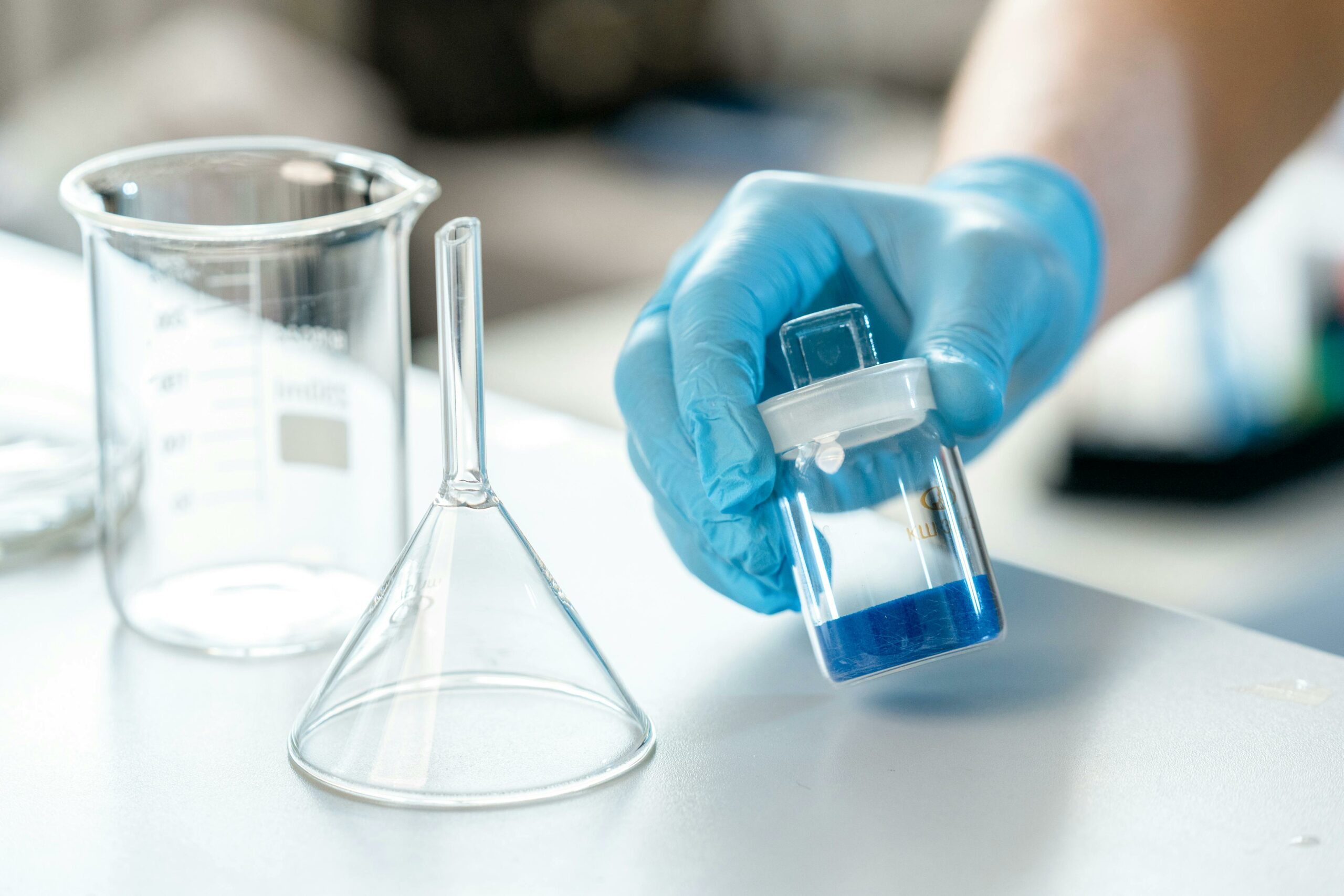We all know that oxygen is essential for life, and it’s something we interact with every second of every day. As a gas, it is invisible, blending seamlessly into the air around us. But did you know that oxygen- when cooled into a liquid or solid state- transforms into a beautiful, deep blue colour?
Why Does Oxygen Turn Blue?
In its normal state, oxygen is a gas, and like most gases, it is colourless. However, when it is cooled to extremely low temperatures (below -183°C), it condenses into a liquid, and something fascinating happens—it turns blue! The same happens when oxygen becomes a solid. This blue colour is due to how oxygen molecules absorb light. Specifically, oxygen absorbs the red and yellow wavelengths of light, leaving behind blue. The result is a liquid that glows with a cool, serene hue.
Beyond its eye-catching colour, liquid oxygen has many scientific and industrial uses. It is commonly used in rocket engines because of its ability to react quickly and release a large amount of energy. Liquid oxygen is also vital in medical fields, as it can be stored and transported to help patients who need concentrated oxygen for breathing.
THE SCIENCE BEHIND THE BEAUTY
The blue tint of liquid oxygen isn’t just a quirky fact—it has to do with quantum physics. Oxygen molecules have two unpaired electrons, which means that when they bond, they create an energy difference that interacts with light. This causes them to absorb specific colours, leaving behind that striking blue.
Quantum Physics. Oxygen molecules have two unpaired electrons, which means that when they bond, they create an energy difference that interacts with light. This causes them to absorb specific colours, leaving behind that striking blue.
Oxygen’s journey from a colourless gas to a deep blue liquid reminds us that there is always more to discover in the elements around us. So, next time you take a breath, remember—you’re inhaling a gas that, in the right conditions, would be a dazzling shade of blue!



